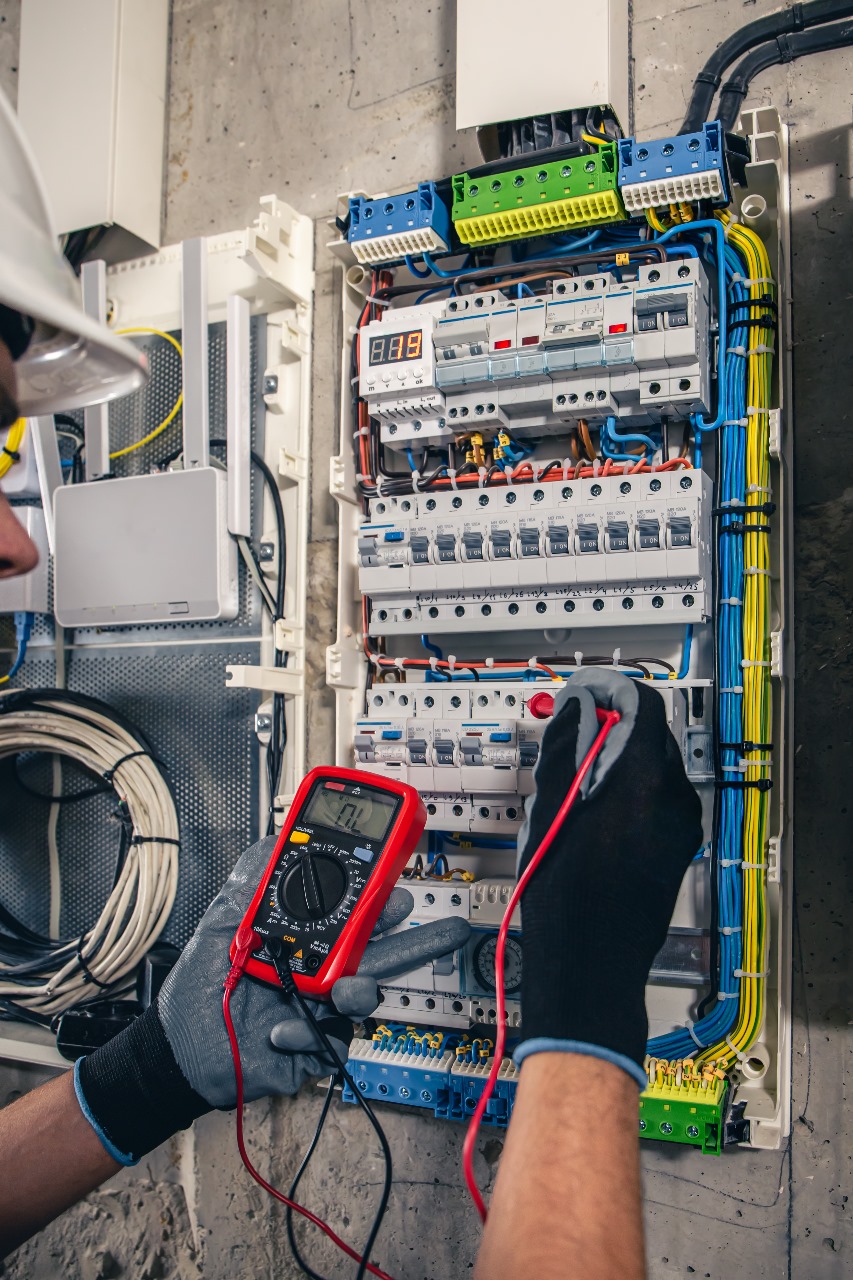A graduate can carry out professional activities in the following areas:
- junior researcher,
- teacher-university teacher
- chief Engineer
- power engineer
- master
- leading specialist
- senior engineer
- lead engineer
- head of the structural division,
- head of department, service, department, sector
- deputy head of the shop
Educational organizations, including universities, research organizations, all branches of the industry for the production, transmission, distribution and consumption of electricity, the agro-industrial complex, state bodies for energy supervision and control, supervision of labor safety.
The sphere of professional activity is the field of science and technology, which includes a set of technologies, means, methods and methods of human activity aimed at creating conditions for the production, transmission, distribution and consumption of electricity. The objects of professional activity of graduates are enterprises for the production, transmission, distribution and consumption of electricity: power supply systems for objects of various sectors of the economy; electric power systems, power plants and substations; electrotechnical equipment of economic sectors, control systems for production and technological processes of industrial enterprises and energy enterprises, research, design and engineering organizations and - educational institutions, organizations of higher and postgraduate education, research and design organizations.
The educational program "7M07109 - Electrical Engineering " includes 2 (two) educational trajectories:
№ 1. OT "Electrotechnology and electrical equipment"
The professional activity of the master is aimed at:
Development, design, as well as, improvement and improvement of technical and economic indicators of power plants and substations, electrical systems and networks, relay protection and automation of power systems, power supply of enterprises of various industries, power supply of agricultural enterprises, electromechanics, electrical insulation and cable equipment, electrical installations and systems, lighting equipment and light sources, electric transport, electrical equipment for vehicles, electric drive and automation of technological complexes. metrological verification of the main instruments for measuring the parameters of power plants and substations, electrical systems and networks.
№ 2. OT "Energy Saving"
The professional activity of the master is aimed at:
Increasing the efficiency of energy consumption, implementing and monitoring energy saving in all sectors, as well as modernizing and improving the technical and economic indicators of power plants and substations, electrical systems and networks, power supply of enterprises of various industries, power supply of agricultural enterprises, non-traditional and renewable energy sources, electromechanics , electrical installations and lighting systems, electric transport, electrical equipment of vehicles through the introduction of knowledge of the current state and trends in the development of energy, methods and means of ensuring reliable and effective energy saving
Masters in the direction of training 7M071 - "Engineering and Engineering trades " can perform the following types of professional activities:
1. Design and technological:
- determination of the composition of electrical equipment and its parameters, schemes of electric power facilities;
- ensuring compliance with all specified parameters of the technological process and the quality of the manufactured products;
- carrying out technical, economic and environmental analysis of installations and systems;
2. Organizational and managerial:
- organization of the work of the team of performers; selection of a solution that meets various requirements (cost, quality, safety and deadlines), both in long-term and short-term planning;
- assessment of production and non-production costs to ensure a given level of product quality; implementation of technical control, testing and quality management in the production process.
3. Research:
- analysis of the state and dynamics of objects of activity; creation of theoretical models that allow predicting the properties and behavior of objects of activity;
- development of plans, programs and methods for testing technological systems and electrical equipment; the use of computer technologies for processing the results of experimental and theoretical research;
- development of energy efficient electrotechnological equipment, installations and complexes.
4. Scientific and pedagogical:
- study of modern methods of teaching electric power disciplines;
-development of scientifically grounded methods of professional development of employees of all levels;
-use of innovative teaching technologies in the process of pedagogical activity.
- in the field of research methodology;
- in matters of innovative technical and technological production in all industries, including agriculture;
- in the field of scientific and scientific-pedagogical activities in educational institutions;
- in the implementation of scientific projects and research in the professional field.



